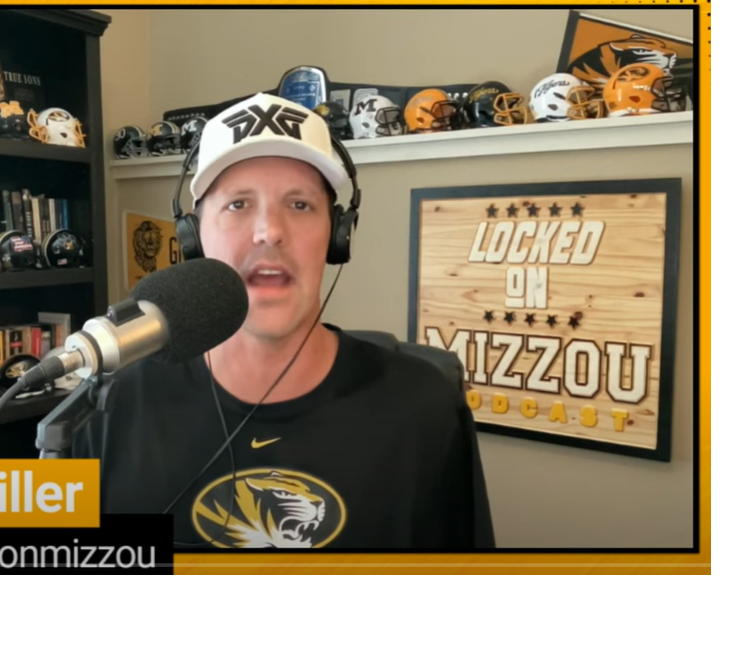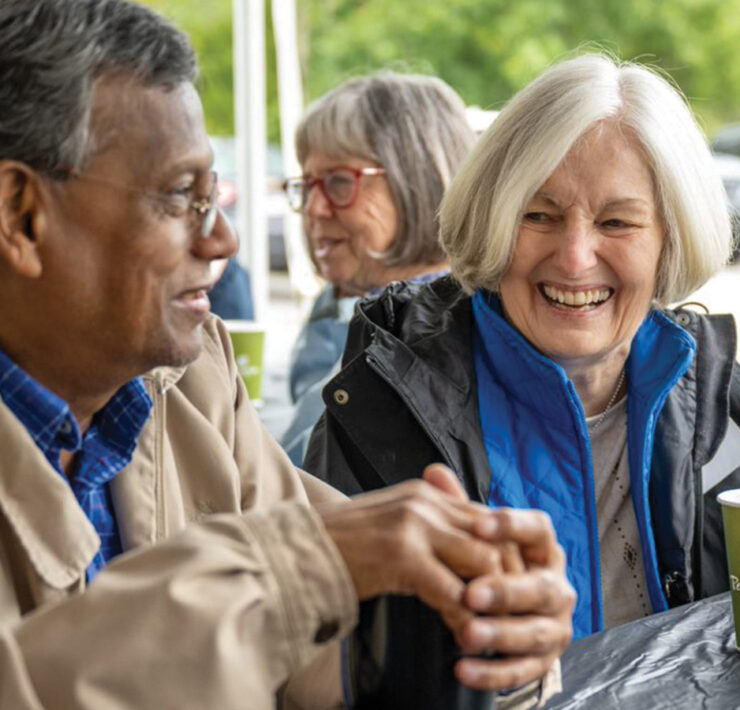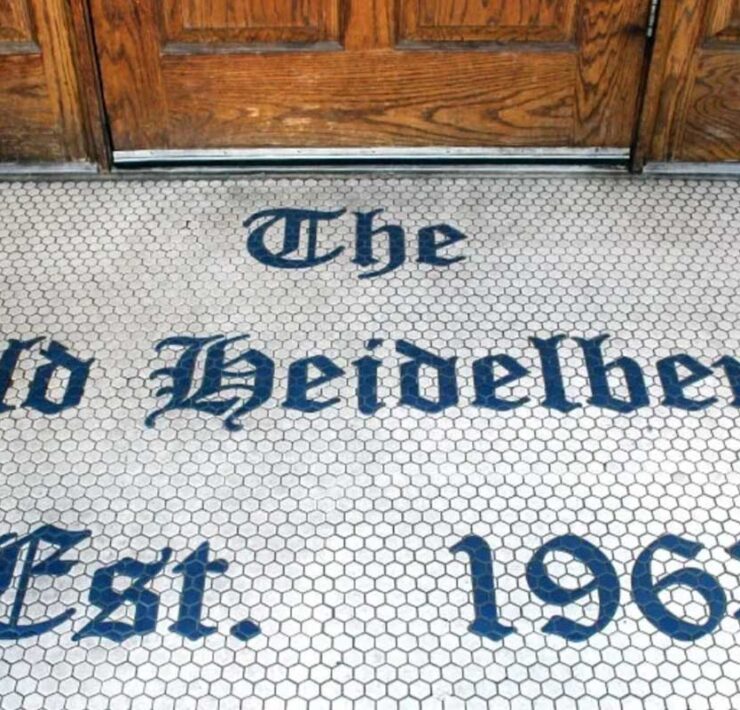Relationship Help is Within Reach
- This story originally appeared in the February 2024 relationship issue of COMO Magazine.
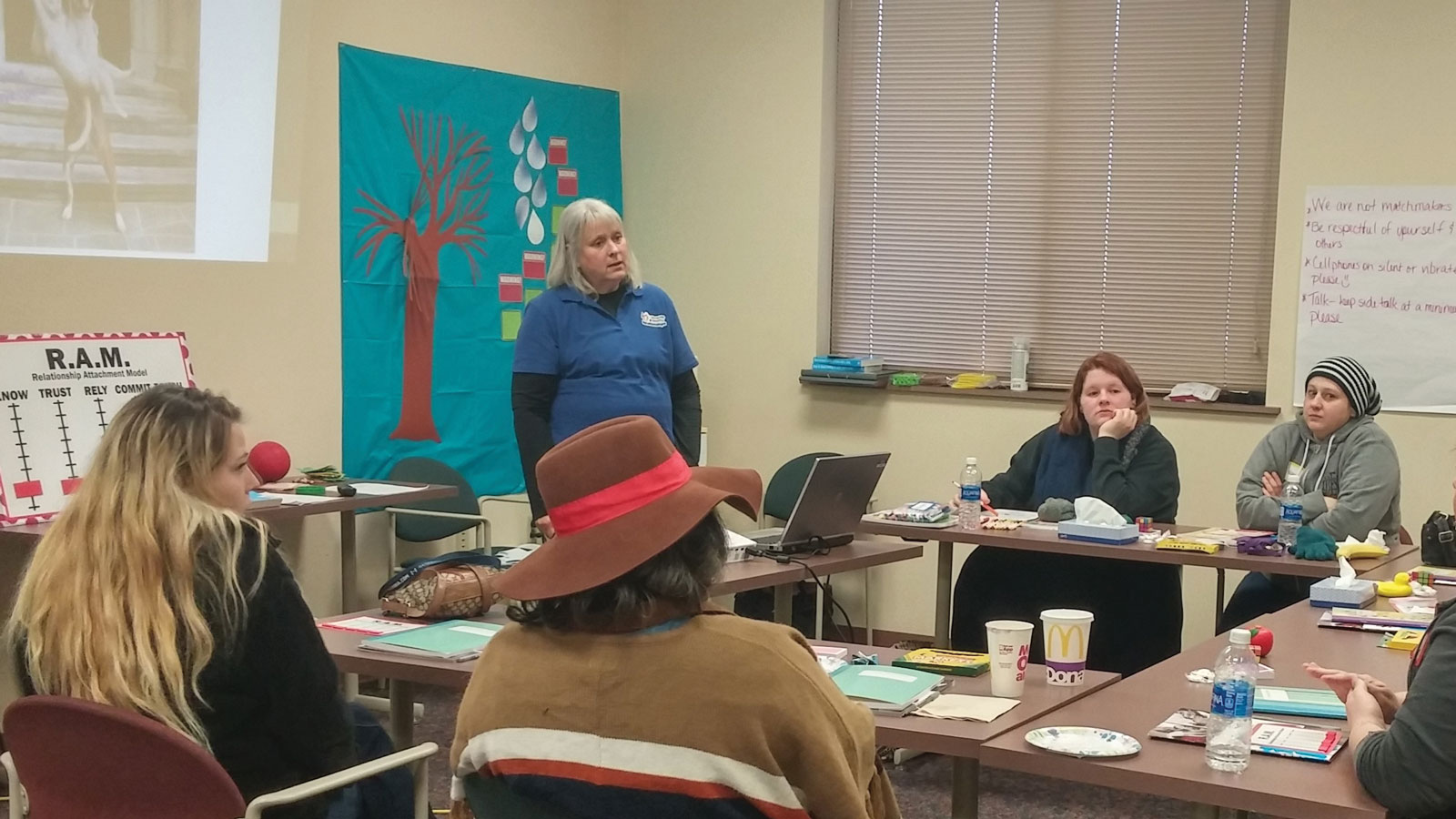
Relationships come in all shapes, sizes, timeframes, and depths. Considering those complexities, where can we turn when we need help with our relationships?
Show Me Healthy Relationships is a resource available to Missourians who want help.
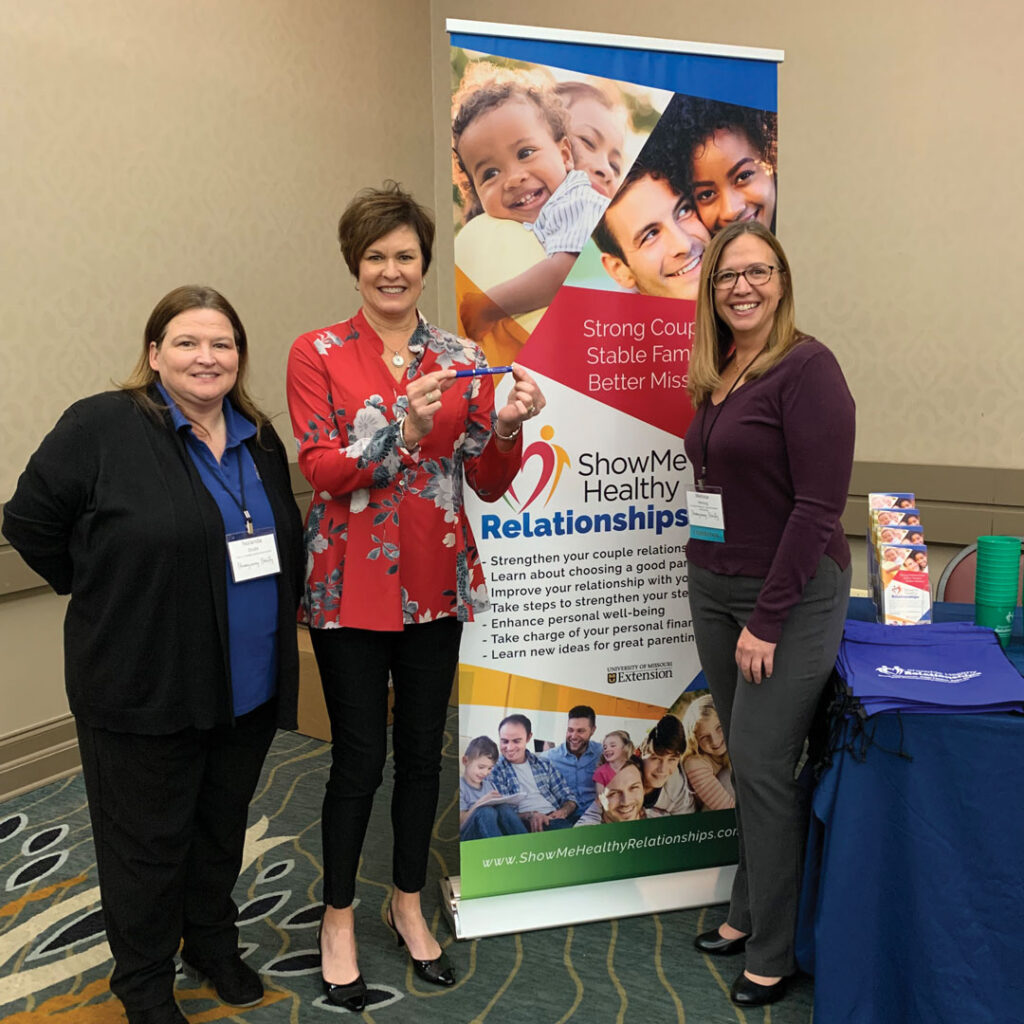
Getting Started
As part of the University of Missouri’s Department of Human Development and Family Science, Show Me Healthy Relationships (SMHR) is in the Center for Family Policy and Resources. The program got its first round of five-year funding in 2015 with a focus on building healthy relationships for singles, couples, and individuals reentering society after incarceration.
Dr. Chelsea Garneau-Rosner, assistant research professor, explains how that works.
“Partners were brought into the class with the individuals reentering society so they could explore what a healthy relationship should look like in a structured way, and we worked also with probation and parole officers,” she says, adding that crimes committed by women are often “relationally based,” so those individuals can benefit from structure and support.
SMHR began regular classes after about nine months and in 2020 another five years of funding was awarded.
Support for Singles
Show Me Healthy Relationships has become more focused on single adults who may need guidance with relationship skills.
“We were required to hone in on just one group to serve in the second five years, and there are so few programs and aid for single adults to access,” Dr. Garneau-Rosner says.
The free program currently offers single adults access to online classes. The eight-week classes consist of learning to understand relationship needs and whether a relationship partner can meet those needs now or perhaps at some point in the future. Participants can look back to see how their earliest relationships may have affected them and how those experiences play a part in current relationships.
The program supports safety in relationships — emotional, physical, and community support — and there are even classes about coparenting and step-family dynamics when needed. To qualify for enrollment, participants must be Missouri residents, 18 or older, who are not in a committed relationship.
In some cases, however, there is help for individuals leaving a relationship to learn how to close that door and avoid the same issues with future relationships. Program evaluation is also a key step to make sure SMHR is meeting those needs.
Dr. Garneau-Rosner said SMHR has partnerships with Central Missouri Community Action in Columbia and Cornerstones of Care in the Kansas City area to help connect residents with the organization and the online classes.
Once qualified to enroll, participants are assigned an SMHR representative to help make sure they have what they need and can focus on the class to reap the most benefits. Class instructors from around the state include University of Missouri social work graduate students and those hired by the partner agencies. Instructors have a background in family science or social work and also go through extensive training for the program curriculum.
Future Plans for Expanded Services
In 2025, SHMR will reapply for another round of grant funding to keep the program going. Dr. Garneau-Rosner says she is passionate about the program and her role in guiding SHMR.
She adds, “My goal is to build it out again in the future to include services for youth” and “to expand to meet a wider range of needs for everyone, making individuals as well as the community stronger.”
Show Me Healthy Relationships
573-882-4035
Department of Human Development and Family Science
Center for Family Policy and Resources
[email protected]



